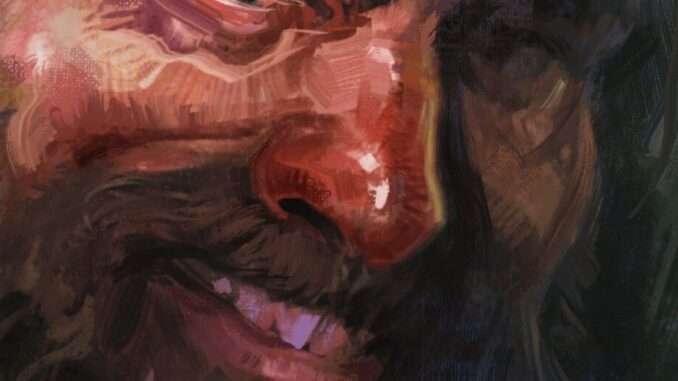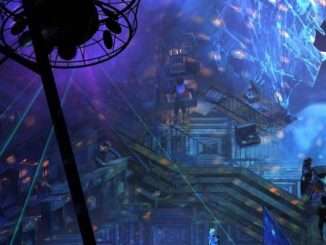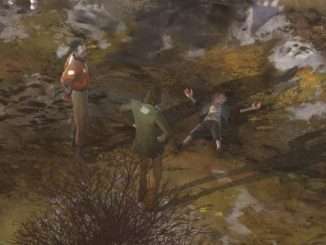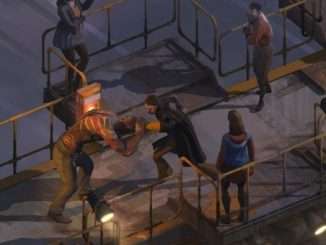
24 skills weirdly named skills with long descriptions? I just want to play!
Contents
Attributes Explained
Сrеdit gоеs to Jekadu !
The first choice when making a custom character is how to divide your attributes. Attributes do two things: determine which level a skill starts at, and what its learning cap will be.
Each attribute has six skills assigned to it. Your starting level for each skill is equal to the score of its attribute. A skill’s learning cap, the amount of points you can invest in a skill from leveling up, is also equal to the score of its attribute.
This means that a skill’s potential maximum level is equal to double that of its attribute score. For example, if you put 3 points in Motorics, all Motorics skills will start with 3 levels, and during the course of the game you can increase each skill’s level by a further 3, for a total max level of 6.
If you are planning on specializing in one skill, you will get the best results if the corresponding attribute is as high as possible.
Note that there are ways in the game to increase skills, skill caps and attributes beyond the values you start with.
Skills Explained
All skills in Disco Elysium have the same base functionality: the more you have in one, the more it will chime in during conversations, and the easier skill checks for that skill become.
All skills function along three informal vectors: adeptness, knowledge, and the social. What this means is that every skill in the game is not only about how good you are at it, but also how much you know about it and your ability to read how other people relate to it.
For instance, Reaction Speed is not just about your ability to react, but also your ability to notice quick changes in someone’s demeanor or to come up with a fast quip.
As noted in the previous section, your starting skill levels are equal to the corresponding ability score, as are the learning caps. This means that your potential unmodified skill cap is twice that of the skill’s ability score.
Certain skills have unique roles or mechanics, and those are noted below.
Mechanically Distinct Skills
There are three skills that work different mechanically: Volition, Endurance and Perception. This is not immediately obvious unless you read all the descriptions carefully, which is why they are being highlighted here.
In Disco Elysium, the player has two health bars, one mental and one physical, and if either reaches zero you will get a game over if you don’t use a healing item before a timer counts down.
Volition
Volition is a Psyche skill that represents your sanity and willpower. Each point in Volition grants an extra hit point to your mental health bar. A high Volition will also often give you the option to back out of the consequences of a failed roll, serving as a safety net.
Endurance
Endurance is a Body skill that represents your physical well-being and, well, overall endurance. Each point in Endurance adds a point to your physical health bar.
Perception
Perception is a Motorics skill that represents how in tune with your senses you are. It does precisely what it sounds like: lets you notice things. It is unique among skills in that each sense is technically its own skill, with modifiers often affecting only one sense in particular. For instance, you might get a bonus that increases your Perception (Hearing).
Quasi-Mechanical Skills
This section contains just the one skill: Pain Threshold. It is not mechanically distinct, acting like every other skill in the game, but is nevertheless worth mentioning as it serves a mechanical purpose.
Pain Threshold
Pain Threshold is a Body skill that represents your ability to withstand pain and injury, both mental and physical. Having a high Pain Threshold will sometimes let you shrug off incurred damage. Mechanically, this just means that Pain Threshold will speak up at times when it would otherwise be silent, making the game’s dialogue take a slightly different path where the damage is not incurred.
Supranatural Skills
Depending on how you count, there are two or three skills in this section. They all focus on information that you should not be able to know about normally. The first two, Inland Empire and Shivers, are about weird interactions, while the third one, Esprit de Corps, manifests primarily as “flash-sideways” segments.
Inland Empire
Inland Empire is a Psyche skill that basically represents your imagination. I like to call this one the “Twin Peaks” skill. Most of the stuff that comes out of it is about as helpful and vague as that of any other psychic, but every once in a while it will exclaim a profound insight, or spot details that a more rational point of view wouldn’t. A high Inland Empires will give you a “deep lore” type of playthrough that focuses on the human and emotional aspects of the case.
Shivers
Shivers is a Body skill that represents your connection to the city of Revachol. It can be hard to explain; I like to think of it as the Sam Vimes skill. Shivers is a skill that is activated literally from being cold, and primarily serves as an exposition device for the world-building. It will on rare occasions tell you things that you shouldn’t be able to know… maybe. A high Shivers will, like Inland Empire, give you a “deep lore” type of playthrough, but with a focus on the bigger story and world.
Esprit de Corps
Esprit de Corps is a Psyche skill that represents how in tune you are with the police force. A liberal translation would be “group morale”. It is included here not because it is weird weird — although it may, in fact, be supranatural in nature — but rather because it manifests itself differently from other skills. While its immediate function is to connect better with Kim, your partner, its main defining feature is that, uniquely, it tells you about things taking place elsewhere. It does this by providing “flash-sideways” vignettes telling you what the other members of the police force are up to. Perhaps you’ve just done this job for so long that you can immediately visualize what’s happening to other cops? Who knows.
Other Skills That Should Be Explained
This section is meant to clarify skills with potentially confusing names.
Half-Light
Half-Light is a Body skill that represents your fight-or-flight response. It’s the scared cat inside you. The name could be a pun (half-flight, fight-flight?) or just a poetic descriptor.
Hand-Eye Coordination
Hand-Eye Coordination is a Motorics skill that is basically guns, guns, guns. It sees surprisingly little use outside this particular context, although once in a while it does get used for other things.
Savoir Faire
Savoir Faire is a Motorics skill that represents your grace and fine motor control. It can be thought of as a kind of agility stat, but with extra ~disco~. Honestly, it’s a bit hard to pin down as it’s not used very consistently.
So What Do I Pick as My Signature Skill?
Any of them. They are all equally viable.
The signature skill has next to no impact on the game aside from its mechanical bonus: it gives +1 to the chosen skill and doesn’t count as a spent skill point.
The purpose of this guide has been merely to clarify certain points about character creation and hopefully save you from feeling you need to restart the game because you made an uninformed decision. It is my hope that you have found it useful.





Be the first to comment